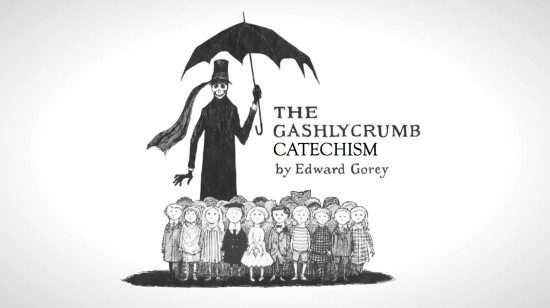John Howard Yoder’s The Politics of Jesus is a remarkable book — challenging and inspiring, frustrating and exasperating. Reading Yoder is a bit like reading Thomas Jefferson. You encounter bold ideas stated with force and clarity, yet you’re also forced to confront the enormous gap between those abstract ideas and the actual life of the person writing them.
Yoder’s writing offers a profound exploration of the relationship between love and power. His discussion of violence and coercion provides many valuable insights. And yet his own life often contradicted all of that.
Herald Press, the Mennonite publishing house that produces many books by Yoder, has decided to acknowledge and confront this problem. Herald has announced that all future publications of books by John Howard Yoder will include this statement:
John Howard Yoder (1927-1997) was perhaps the most well-known Mennonite theologian in the 20th century. While his work on Christian ethics helped define Anabaptism to an audience far outside the Mennonite Church, he is also remembered for his long-term sexual harassment and abuse of women.
At Herald Press we recognize the complex tensions involved in presenting work by someone who called Christians to reconciliation and yet used his position of power to abuse others. We believe that Yoder and those who write about his work deserve to be heard; we also believe readers should know that Yoder engaged in abusive behavior.
This book is published with the hope that those studying Yoder’s writings will not dismiss the complexity of these issues and will instead wrestle with, evaluate, and learn from Yoder’s work in the full context of his personal, scholarly, and churchly legacy.
Victoria Gaile Laidler commends Herald Press for recognizing the need for such a disclaimer, and provides an excellent discussion of why abusive and predatory behavior by theologians like Yoder and Paul Tillich can’t be shrugged off as irrelevant to the substance of their writing:
One of the differences between “theology” and “religious studies” is that theology is carried out from within the perspective of the believer, while religious studies takes a strictly historical/sociological perspective. I am enrolled in a theological program: perhaps this is why my immediate response to learning of this theologian’s persistent sinful patterns of behavior was to question whether and how it reflected on the value of his theology. It seems a screamingly obvious question to me.
It seems an obvious question to me too. Herald Press has addressed the first part of that question — whether such behavior matters when evaluating his theology. The publisher’s disclaimer acknowledges that it does.
The second part of that question — how? — is more complicated. That needs to address not just how such behavior influences our estimation of the person, but how it may have influenced or shaped or deformed the substance of that person’s theology. That matters.












